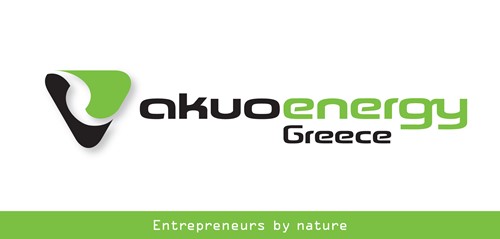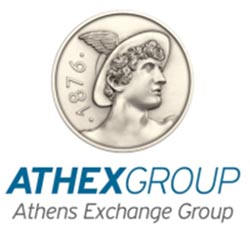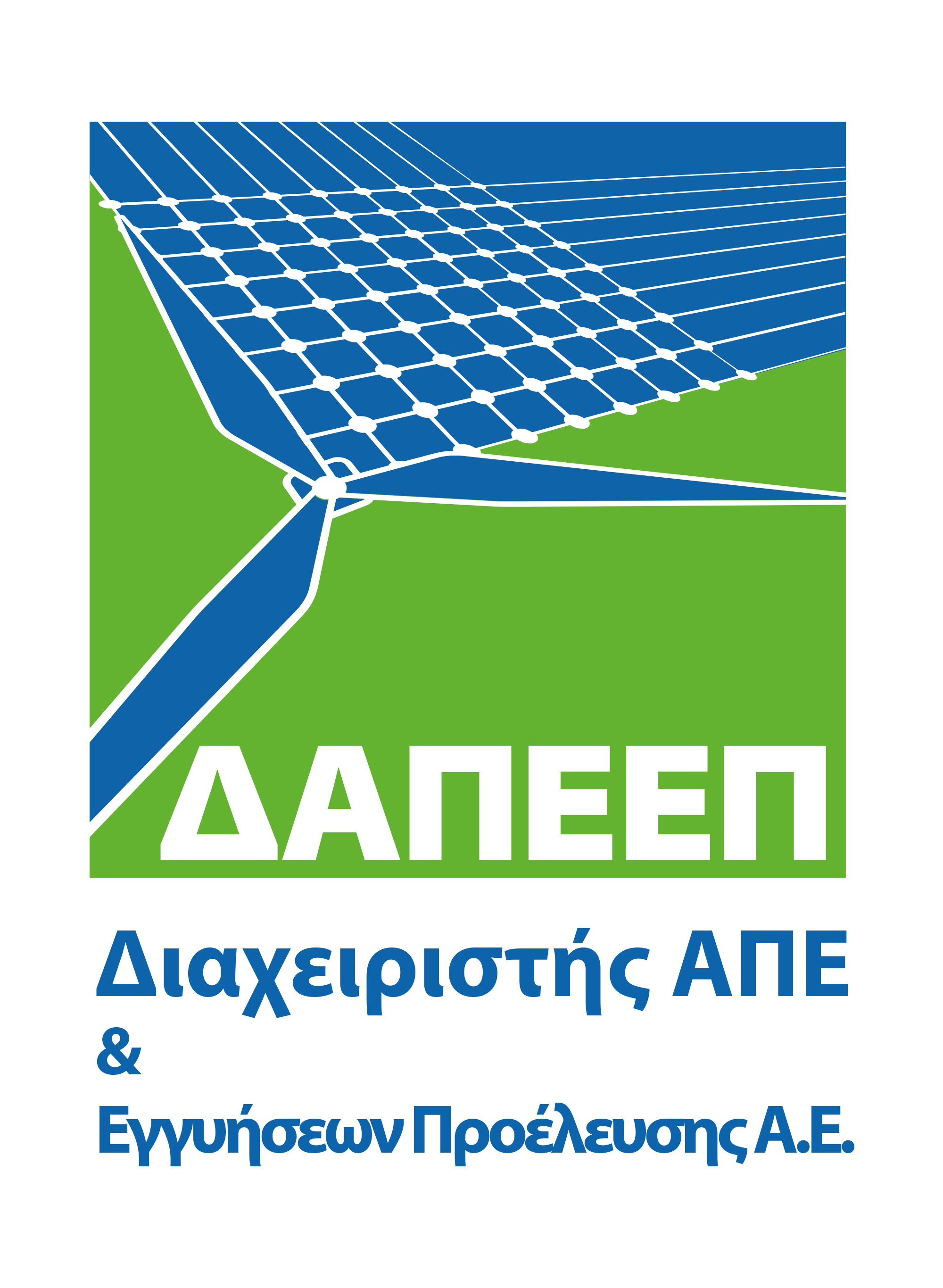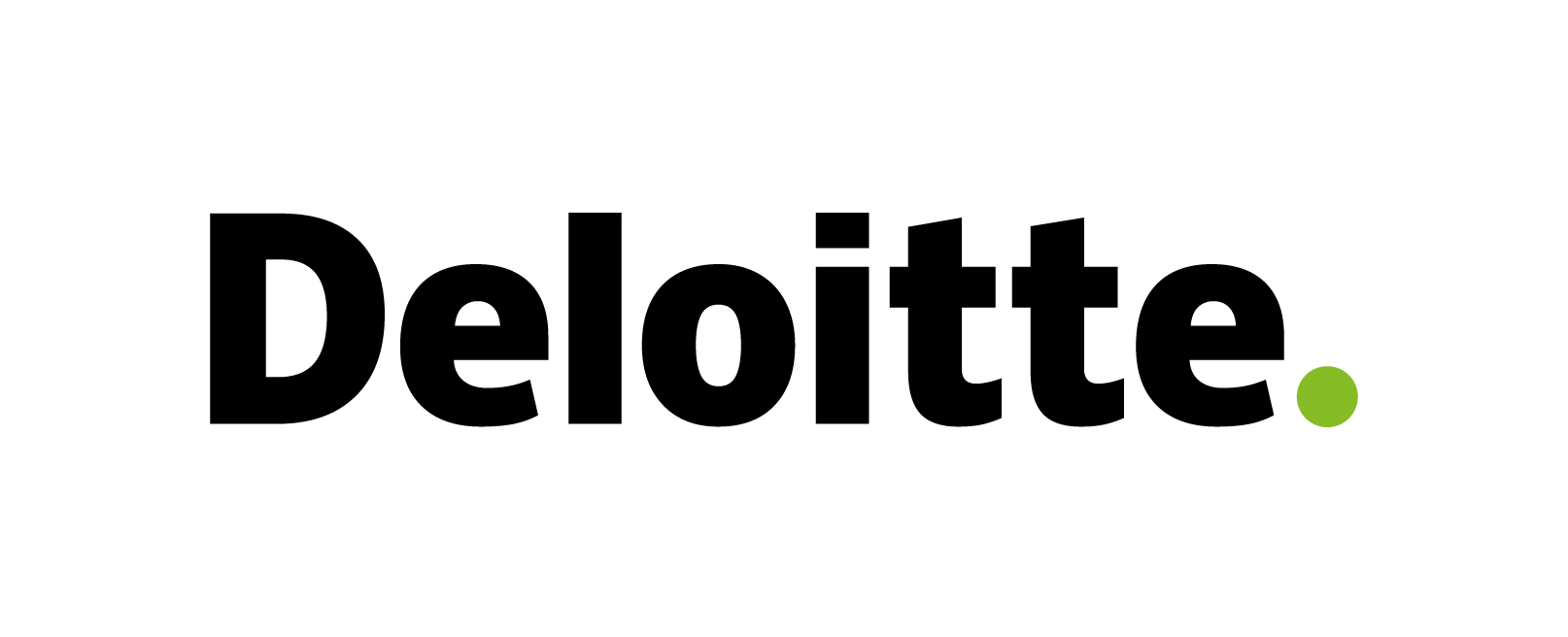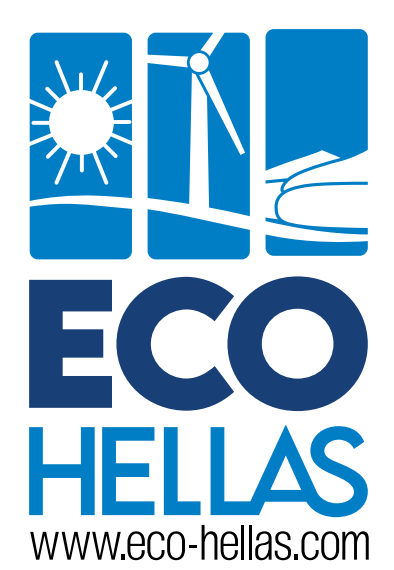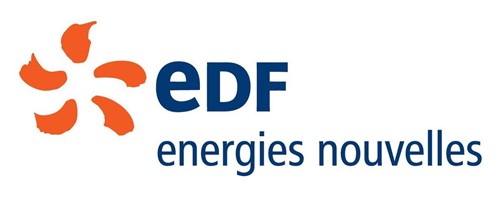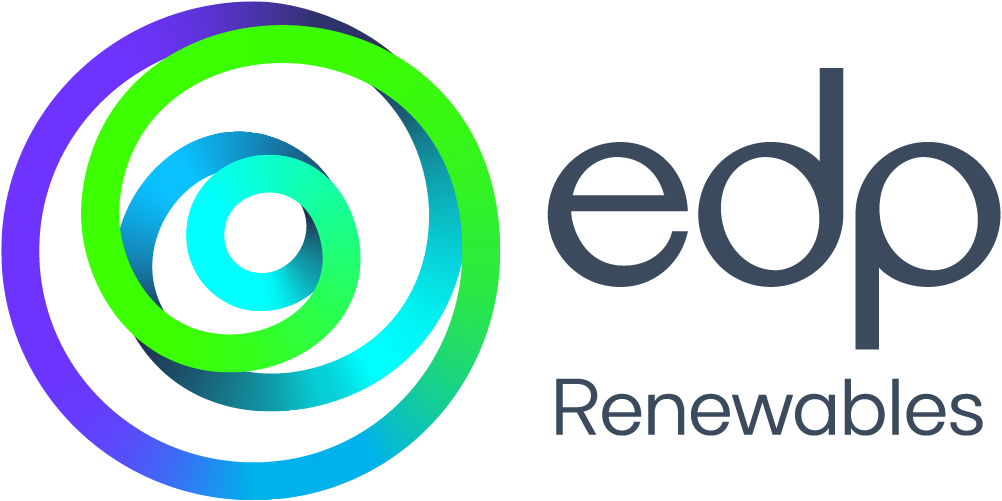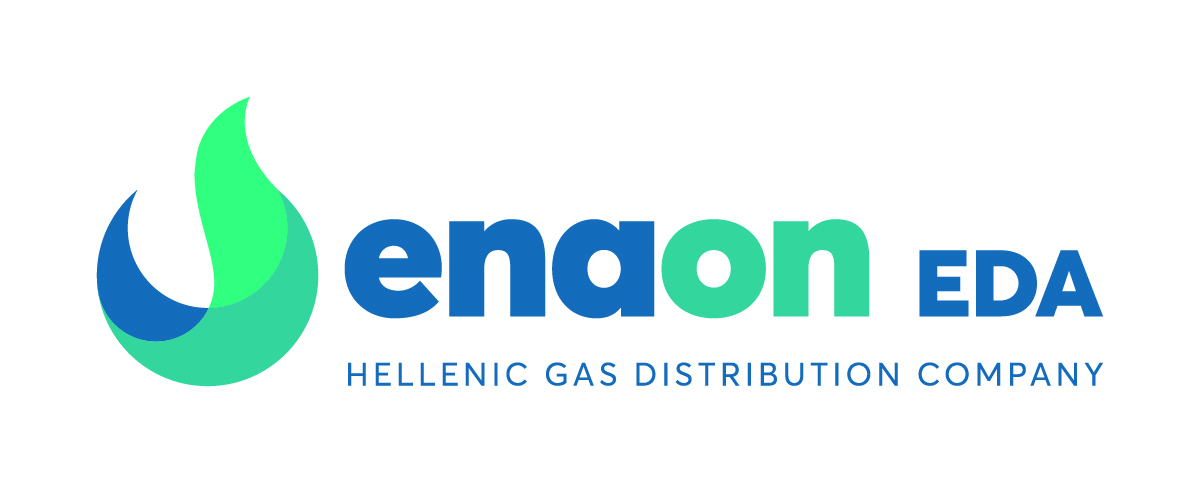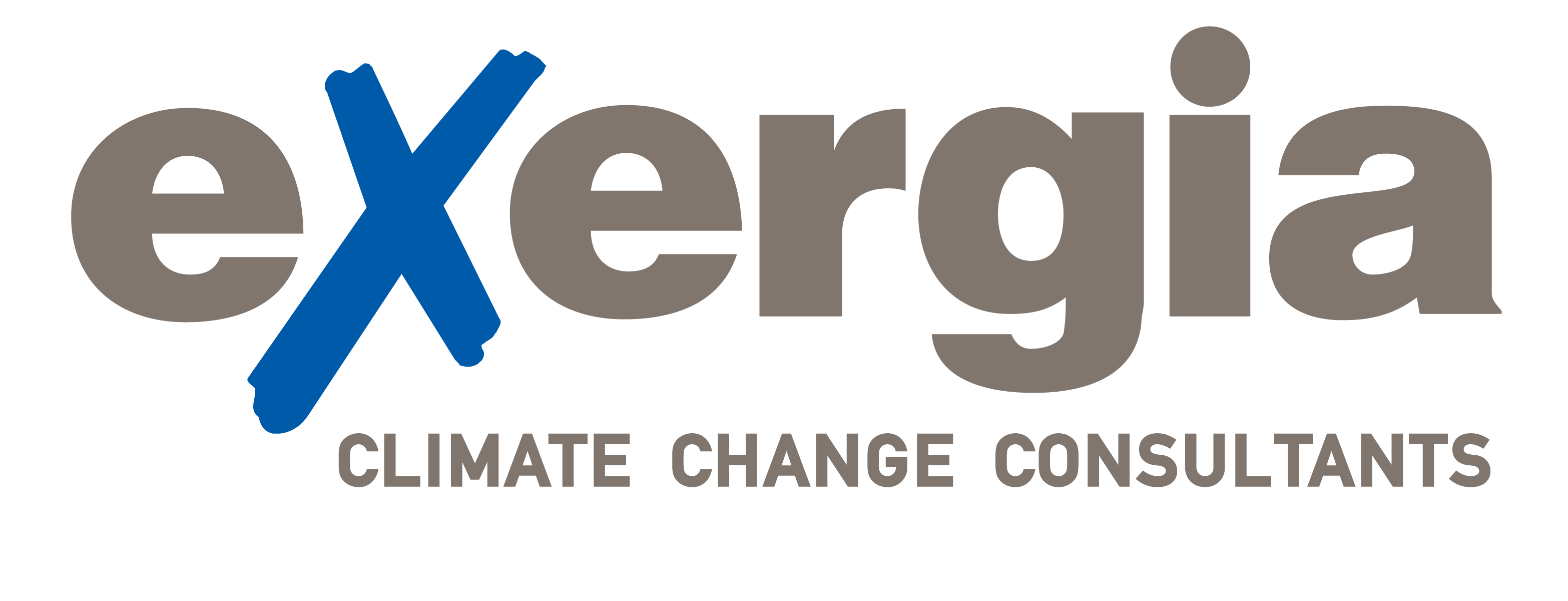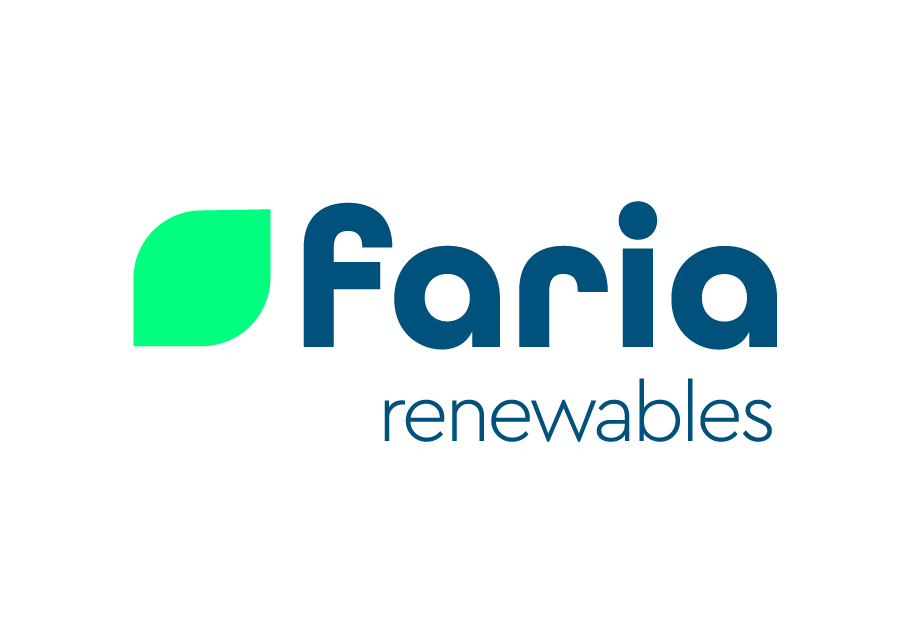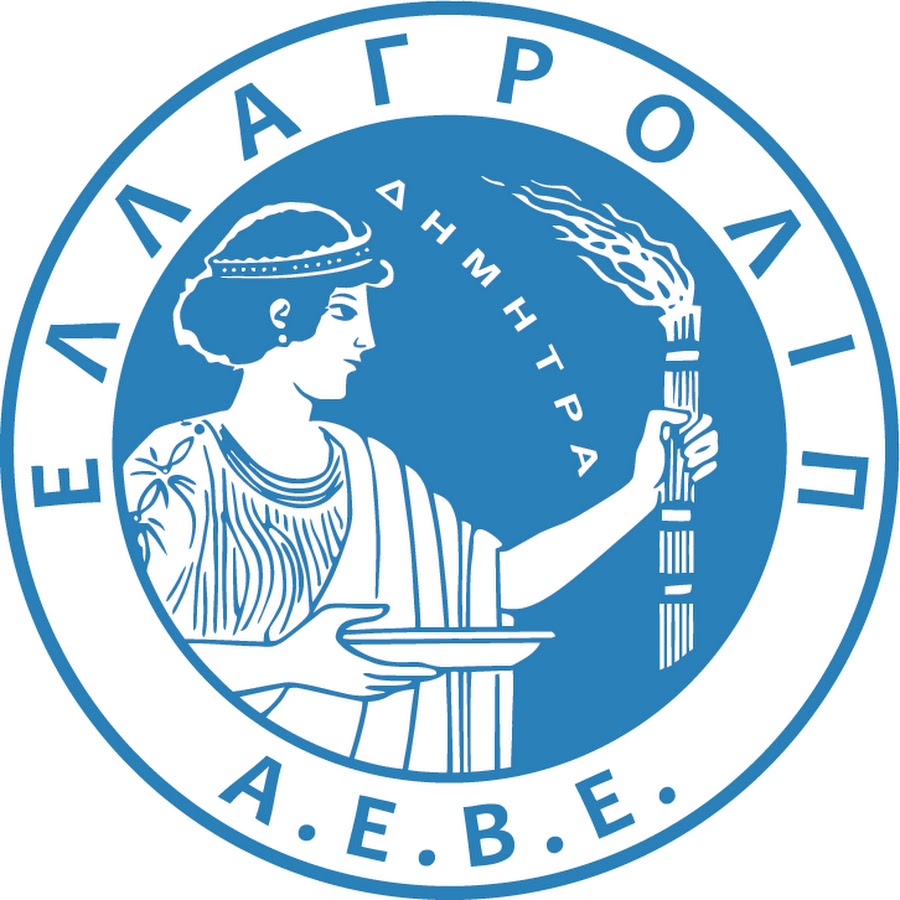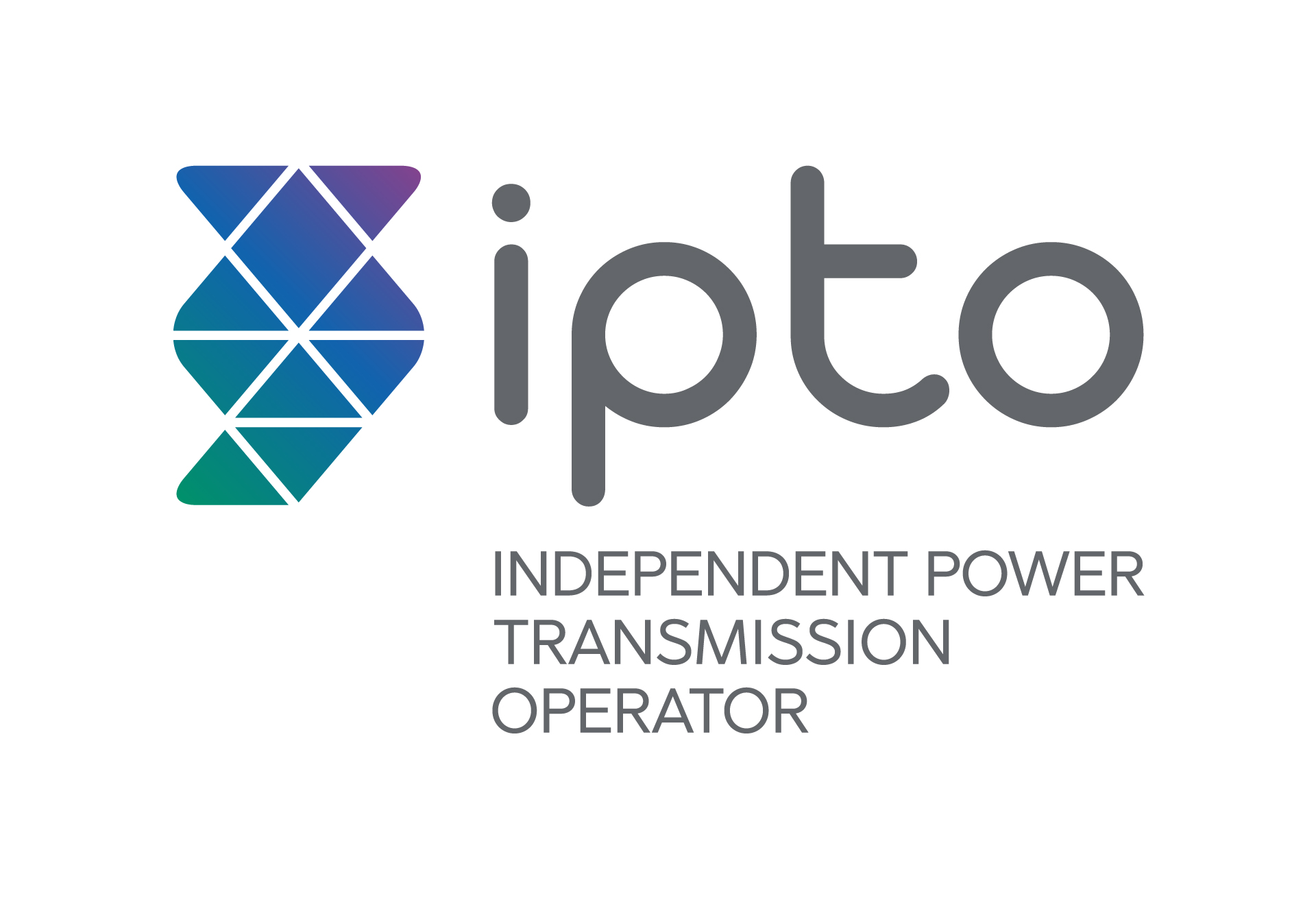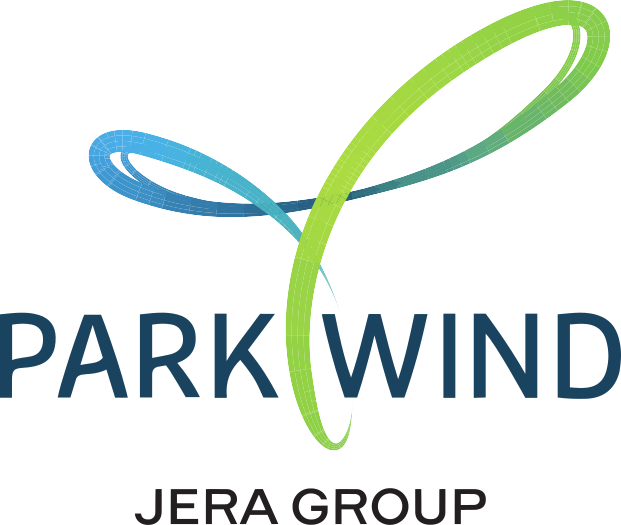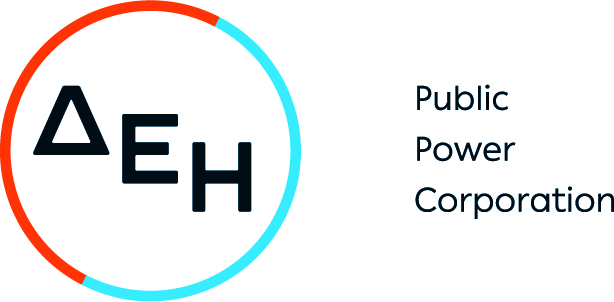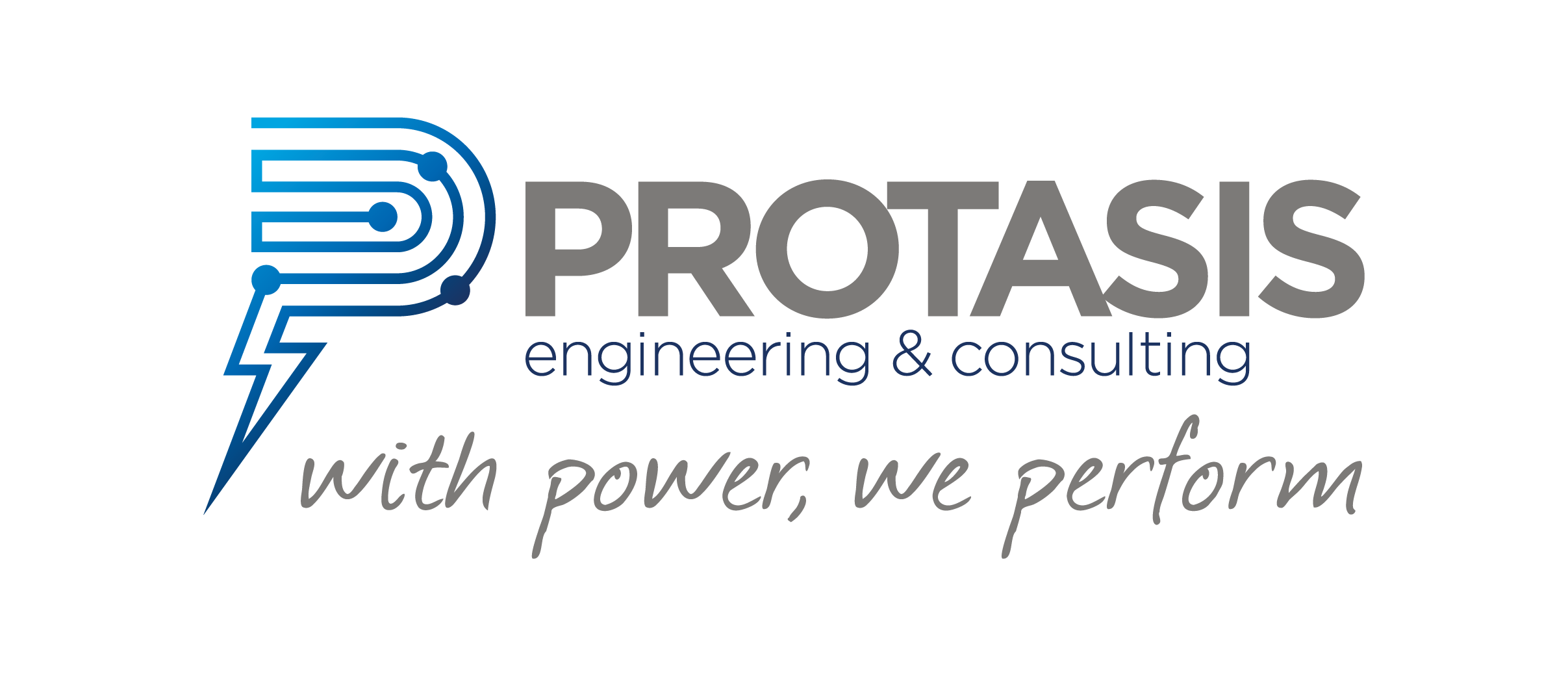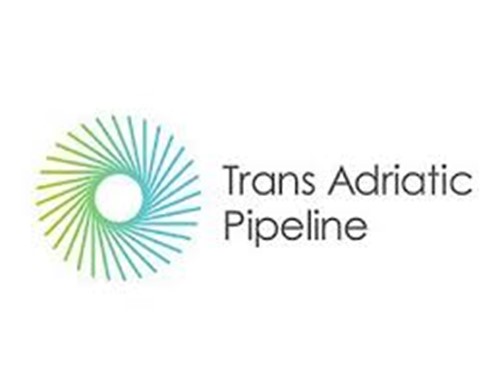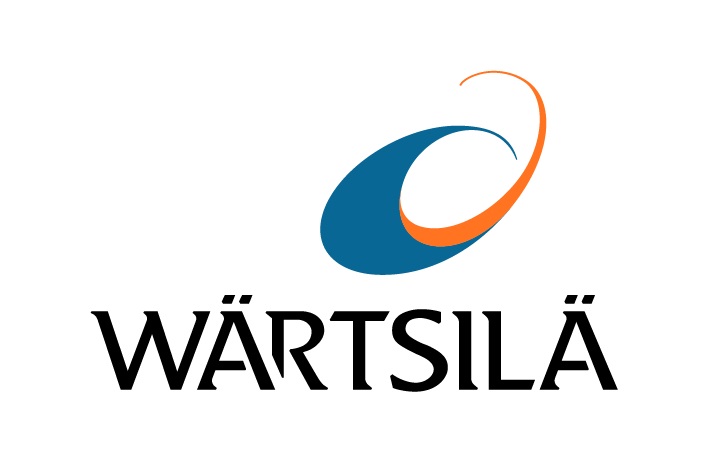EU Energy policy: Overcoming the energy crisis and accelerating the green energy transition
"Spring has come and, in Europe, we have emerged from the second winter since Russia's invasion of Ukraine without the energy shortages or supply cuts that many had feared. On the contrary, we ended the winter with gas storage facilities across the European Union at 60% full. This record result is a remarkable milestone for our energy sector, and a good baseline to prepare for the next winter season.
The EU achieved this thanks to the unity of EU Member States, and a joint commitment to the REPowerEU Plan, the EU’s strategy to diversify gas supplies away from Russia; to manage our own energy use more efficiently; and to speed up the clean energy transition with a prime focus on renewables. During the energy crisis, the EU and Member States established urgent EU legislation in support of this strategy and to reduce the risks for security of supply and energy prices.
As a result, EU industry and households collectively managed to reduce gas demand by almost 20% over the past 18 months, exceeding our target of 15%. It is also a result of increased EU investments and fewer administrative hurdles for renewable energy projects. Last year, we added around 56 GW of new installed capacity of solar energy and 17 GW of wind energy in Europe. We are also working to accelerate the rollout of renewables even further. It is also a result of a very successful diversification of supplies away from Russia resulting in a drop in the share of pipeline gas imports from Russia, from around 45% before the war to 10% now.
As we approach the end of the current mandate of this Commission, we can look back at how we have, together with EU countries and stakeholders, successfully managed the unprecedented energy crisis. Collectively in Europe, we managed to loosen the grip that Russia had over the EU’s energy sector. The EU has emerged stronger, with greater solidarity between Member States to achieve energy security, a cleaner energy mix and prices back to pre-war levels.
In parallel, we can take stock of the significant progress made on the many legislative files the Commission put forward to accelerate the clean energy transition. For example, just before Russia’s full-scale war in Ukraine, the Commission put forward a comprehensive package of “Fit-for-55” legislation with wide-ranging measures to reach climate-neutrality by 2050. Now adopted, the legislation set even more ambitious goals for renewables, energy efficiency, decarbonizing our building stock, hydrogen, decarbonized gas and methane emissions for example, and we reviewed European electricity market design so that consumers are better protected and empowered.
There are also very good outcomes for wind and solar energy. The Commission adopted the Wind Power Action Plan last October to help maintain a sustainable and competitive supply chain on wind energy. It was followed by an EU Recommendation and guidance in May on speeding up permit-granting for renewable energy and related infrastructure projects.
Further, we set out actions to strengthen the EU’s global competitiveness and manufacturing of wind and solar energy. As clean tech will underpin the clean energy transition, we are maximizing our support for this sector’s production and competitiveness, not least with the Net Zero Industry Act and the Critical Raw Materials Act.
Member States such as Greece are making impressive progress, particularly in the renewables sector. In 2023, Greece hit a record high in wind, solar and hydroelectric energy output with an annual increase of 8.5% in 2022.
The modified Greek Recovery and Resilience Plan with a REPowerEU Chapter is valued at around €36 billion. It includes, amongst others, the country’s very first legal framework to develop offshore wind power, with around 38% of available funds dedicated to it.
Greece also played a crucial role in the energy crisis by working with other EU Member States to invest in interconnections to strengthen security of supply of the broader region. Greece has ambitious plans to expand interconnections even further with neighboring countries.
The EU’s common achievements speak for themselves and highlight the value of working together in Europe towards common goals. At the same time, we cannot be complacent. Risks remain: markets are still volatile, Russian weaponization of energy has not gone away and we need to continue in earnest to develop a secure, affordable and sustainable energy system in the EU."
------------------------------------------------------------------------------------------------------
* Mrs. Ditte Juul Jørgensen is Director General of DG ENER, European Commission
Disclaimer: "The contents of this article are the author's sole responsibility. They do not necessarily represent the views of the Hellenic Association for Energy Economics or any of its Members".



